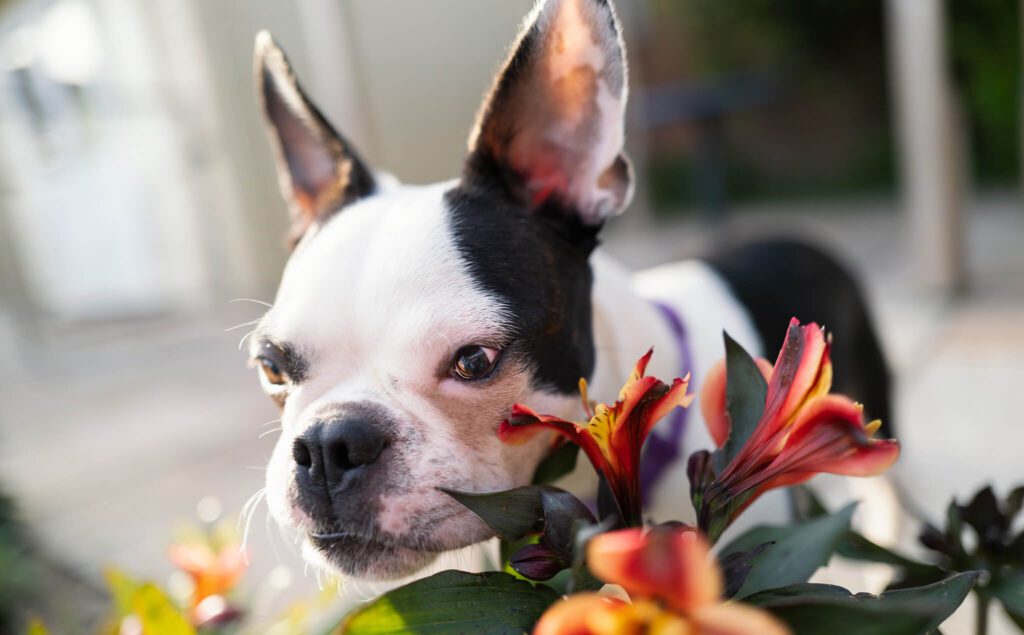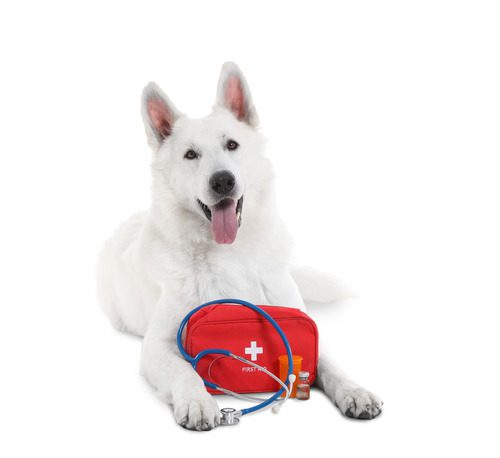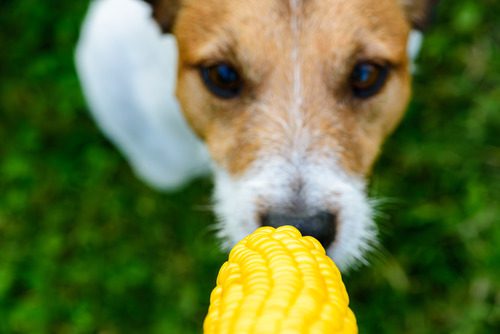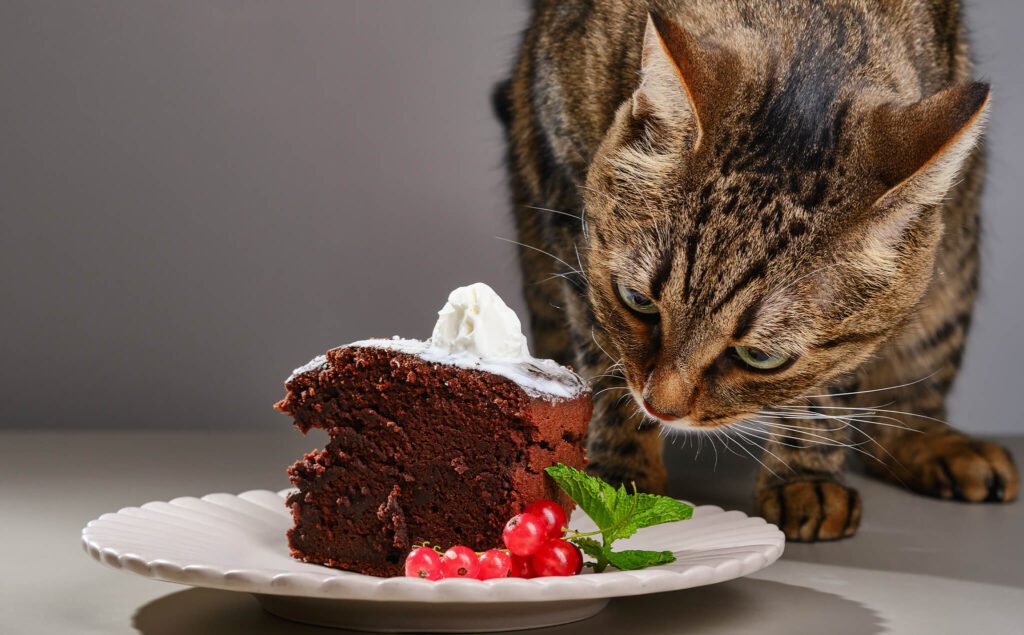Are Lilies Toxic to Dogs?
When we think of lilies, we often picture their stunning colors and elegant appearance, making them a favorite in gardens and bouquets. However, it’s important for dog owners to be aware of the risks these beautiful flowers pose to their pets. Are lilies toxic to dogs? We’ll explore what makes lilies dangerous to our canine companions and what steps to take if your dog comes into contact with them. If you ever find yourself worried about your dog’s health, especially if they’ve been near lilies, reaching out to your Emergency Veterinary Care Centers location can provide you with the help and information you need.

The Risk of Lilies to Dogs
While lilies are well-known for their toxicity to cats, dogs are also at risk, though to a lesser extent. The exact toxic compounds in lilies are not fully understood, but ingestion of any part of the plant can lead to adverse health effects in dogs. Symptoms can range from mild to severe and may include vomiting, diarrhea, and lethargy. If you suspect your dog has ingested lily plant material, it’s vital to act quickly and contact your veterinarian or an emergency vet center for guidance.
The Symptoms of Lily Poisoning
If your dog has been near a lily, watch for signs of poisoning. These symptoms can appear within hours of ingestion and require immediate attention. Common signs include:
- Vomiting: One of the first signs that your dog may have ingested something toxic.
- Diarrhea: Can occur alongside vomiting as a reaction to the poison.
- Lethargy: Your dog may appear unusually tired or weak.
- Lack of Appetite: A sudden disinterest in food is a concerning sign.
Prompt action is crucial to ensure the well-being of your pet. If you notice any of these symptoms, calling an Emergency Veterinary Care Center location can be a lifesaver.
Keeping Dogs Safe from Lilies
Preventing exposure to lilies is the best way to protect your dog. Here are some tips to keep your dog safe:
- Be Informed: Know which plants are in your home and garden. If you’re unsure about a plant’s safety, it’s best to err on the side of caution and keep it out of reach.
- Lily-Free Home: Consider removing lilies from your home and garden entirely to eliminate the risk.
- Supervise Outdoor Time: When your dog is outside, keep an eye on them to prevent them from chewing on plants.
What to Do If Your Dog Eats a Lily
If you think your dog has ingested part of a lily, immediate action is necessary:
- Remove any remaining plant material from your dog’s mouth.
- Keep your dog calm and limit their movement.
- Call Emergency Veterinary Care Center right away for advice.
They may instruct you to bring your dog in for an examination to determine the best course of action.
The Importance of Veterinary Care
After potential exposure to lilies, professional veterinary care is essential. Vets can provide treatments such as inducing vomiting, administering activated charcoal to absorb toxins, and supportive care like fluids and monitoring. Early intervention can make a significant difference in the outcome for your dog.
Why Professional Help Matters
A trained veterinarian can assess the severity of the poisoning and tailor treatment to your dog’s specific needs. They have the expertise and resources to provide the best care possible, ensuring your dog’s best chance at a full recovery.
Emergency Veterinary Care Centers Care About You and Your Dog
Lilies, with their undeniable beauty, can pose a hidden danger to dogs. Being aware of the risks and knowing what steps to take in case of exposure are key to keeping your pet safe. Always contact a professional if you suspect your dog has come into contact with lilies. Emergency Veterinary Care Centers are here to help, offering expert advice and treatment to protect your pet’s health. For peace of mind and the well-being of your dog, consider making your home and garden lily-free, and always keep the contact information for your local emergency vet handy.
Remember, if you ever have concerns about your dog’s health or suspect they’ve ingested a toxic substance, calling for professional help is the best course of action. Emergency Veterinary Care Centers are equipped to provide the care and support your dog needs. If you need more information or wish to schedule an appointment, don’t hesitate to reach out to one of our locations. Your dog’s safety and health are our top priorities.
Recent Posts
Lyme Disease in Dogs: A Complete Guide for Pet Owners
Lyme Disease in Dogs: A Complete Guide for Pet Owners Discovering that your dog may be at…
Parvo in Dogs: What it is, Symptoms and How to Protect Your Pet
Parvo in Dogs: What it is, Symptoms and How to Protect Your Pet Parvovirus in dogs, commonly…
6 Common Pet Emergencies in Westville, IN
6 Common Pet Emergencies in Westville, IN When your pet faces an emergency, knowing what to expect…
My Dog Ate a Corn Cob, What Should I Do?
My Dog Ate a Corn Cob, What Should I Do? Discovering your dog has eaten a corn…
What To Know about Chocolate Poisoning in Cats and How to Protect Them
What To Know about Chocolate Poisoning in Cats and How to Protect Them Chocolate is a treat…






